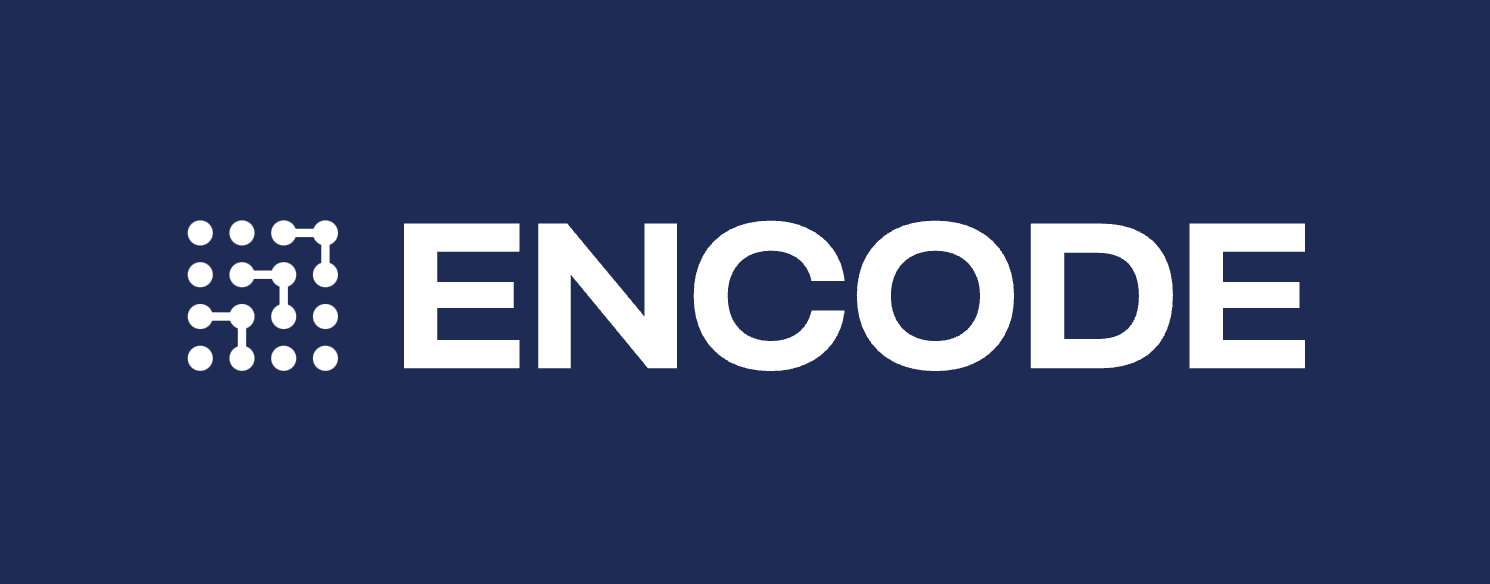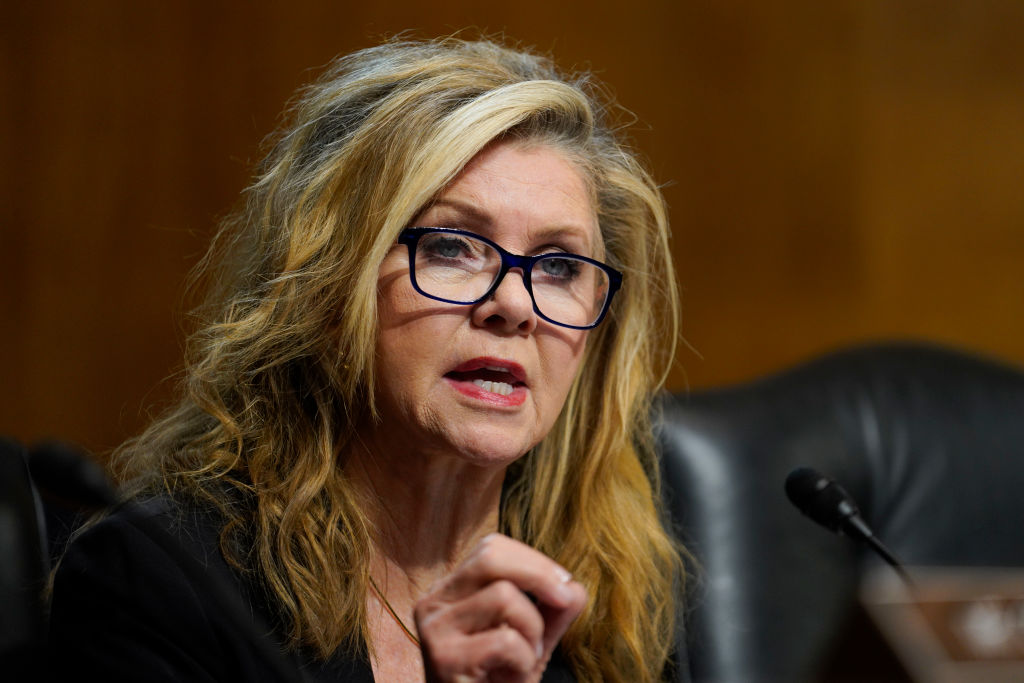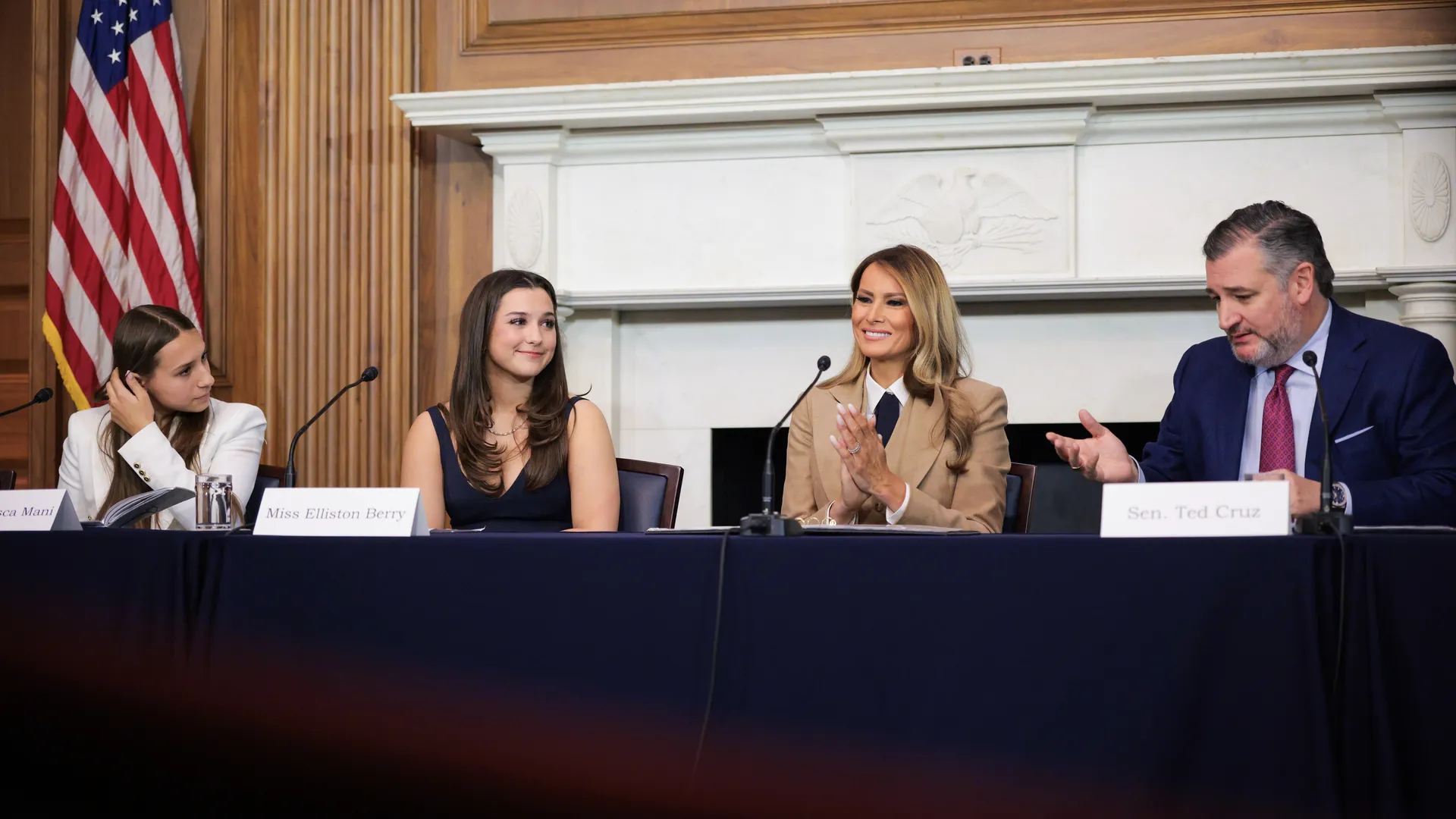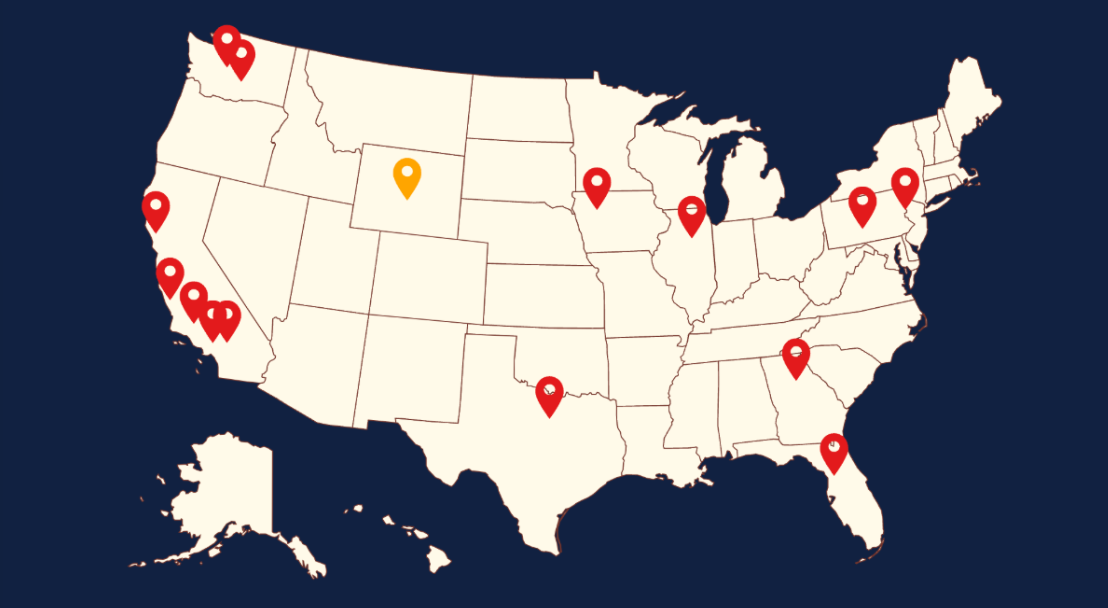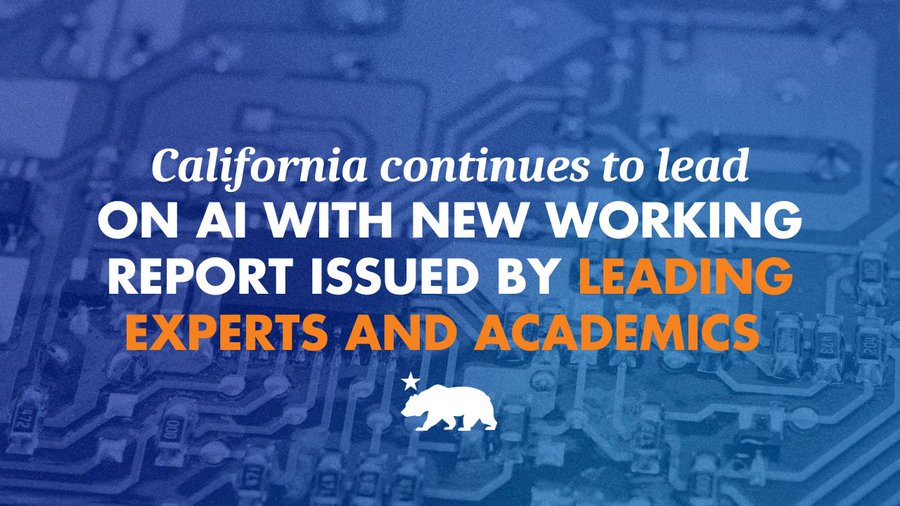FOR IMMEDIATE RELEASE
July 9, 2025
Contact: Carrie Hutcheson, chutcheson@glenechogroup.com
Encode AI Applauds Newly Announced Amendments to Senate Bill (SB) 53 That Will Advance Responsible AI Development in California
SB 53 Amendments Would Codify Recommendations from the Joint California Policy Working Group on AI Frontier Models to Promote Industry-Wide Transparency
Sacramento, CA ― Today, Senator Scott Wiener (D-San Francisco) announced amendments to expand Senate Bill (SB) 53, landmark AI legislation that will enable California to lead with a “trust-but-verify” approach to frontier AI governance. SB 53 is co-sponsored by Encode AI, Economic Security Action California and the Secure AI Project.
The new provisions draw on the recommendations of experts within the Joint California Policy Working Group on AI Frontier Models to establish a transparency requirement for the largest AI companies.
Importantly, SB 53 codifies voluntary commitments previously made by the largest AI developers ― including Meta, Google, OpenAI, and Anthropic ― to level the playing field and increase industry-wide accountability.
“California has long been the birthplace of major tech innovations. SB 53 will help keep it that way by ensuring AI developers responsibly build frontier AI models,” said Sneha Revanur, President and Founder of Encode AI. “This bill reflects a common-sense consensus on AI development, promoting transparency around companies’ safety and security practices.”
The bill’s provisions apply only to a small number of well-resourced companies who are training the most advanced and powerful AI models. They will require these companies to publish important information regarding their safety protocols and risk evaluations, and report major safety incidents to the Attorney General. Additionally, the bill includes protections for whistleblowers within AI labs who present evidence of harm or other violations.
“We’re thrilled to co-sponsor legislation that builds off the Working Group’s insights and codifies the voluntary commitments made by major tech companies,” said Nathan Calvin, VP of State Affairs and General Counsel at Encode AI. “SB 53 demonstrates that Californians do not need to choose between AI innovation and safety.”
Significantly, the announcement regarding California’s SB 53 comes after the demise of the AI moratorium in the Senate Reconciliation Bill, which would have blocked state-level AI legislation for the next decade. Encode was instrumental in rallying opposition to the AI moratorium, leading five different open letters over a month and a half that collectively represented the views of 150+ organizations and 850+ concerned parents.
SB 53 is supported by a broad coalition of researchers, industry leaders, and civil society advocates:
“At Elicit, we build AI systems that help researchers make evidence-based decisions by analyzing thousands of academic papers,” said Andreas Stuhlmüller, CEO of Elicit. “This work has taught me that transparency is essential for AI systems that people rely on for critical decisions. SB53’s requirements for safety protocols and transparency reports are exactly what we need as AI becomes more powerful and widespread. As someone who’s spent years thinking about how AI can augment human reasoning, I believe this legislation will accelerate responsible innovation by creating clear standards that make future technology more trustworthy.”
“I have devoted my life to advancing the field of AI, but in recent years it has become clear that the risks it poses could threaten us all,” said Geoffrey Hinton, University of Toronto Professor Emeritus, Turing Award winner, Nobel laureate, and a “godfather of AI.” “Greater transparency requirements into how companies are addressing safety concerns from the most powerful technology of our time is an important step towards addressing those risks.”
“SB 53 is a smart, targeted step forward on AI safety, security, and transparency,” said Bruce Reed, Head of AI at Common Sense Media. “We thank Senator Wiener for reinforcing California’s strong commitment to innovation and accountability.”
“AI can bring tremendous benefits, but only if we steer it wisely. Recent evidence shows that frontier AI systems can resort to deceptive behavior like blackmail and cheating to avoid being shut down or fulfill other objectives,” said Yoshua Bengio, Full Professor at Université de Montréal, Co-President and Scientific Director of LawZero, Turing Award winner and a “godfather of AI.” “These risks must be taken with the utmost seriousness alongside other existing and emerging threats. By advancing SB 53, California is uniquely positioned to continue supporting cutting-edge AI while proactively taking a step towards addressing these severe and potentially irreversible harms.”
“Including safety and transparency protections recommended by Gov. Newsom’s AI commission in SB 53 is an opportunity for California to be on the right side of history and advance commonsense AI regulations while our national leaders dither,” said Teri Olle, Director of Economic Security California Action, a co-sponsor of the bill. “In addition to making sure AI is safe, the bill would create a public option for cloud computing – the critical infrastructure necessary to fuel innovation and research. CalCompute would democratize access to this powerful resource that is currently enjoyed by a tiny handful of wealthy tech companies, and ensure that AI benefits the public. With inaction from the federal government – and on the heels of the defeat of the proposed 10-year moratorium on AI regulations – California should act now and get this done.”
“The California Report on Frontier AI Policy underscored the growing consensus for the importance of transparency into the safety practices of the largest AI developers,” said Thomas Woodside, Co-Founder and Senior Policy Advisor, Secure AI Project, a co-sponsor of the bill. “SB 53 ensures exactly that: visibility into how AI developers are keeping their AI systems secure and Californians safe.”
“Reasonable people can disagree about many aspects of AI policy, but one thing is clear: reporting requirements and whistleblower protections like those in SB 53 are sensible steps to provide transparency, inform the public, and deter egregious practices without interfering with innovation,” said Steve Newman, Technical co-founder of eight technology startups, including Writely – which became Google Docs, and co-creator of Spectre, one of the most influential video games of the 1990s.
###
